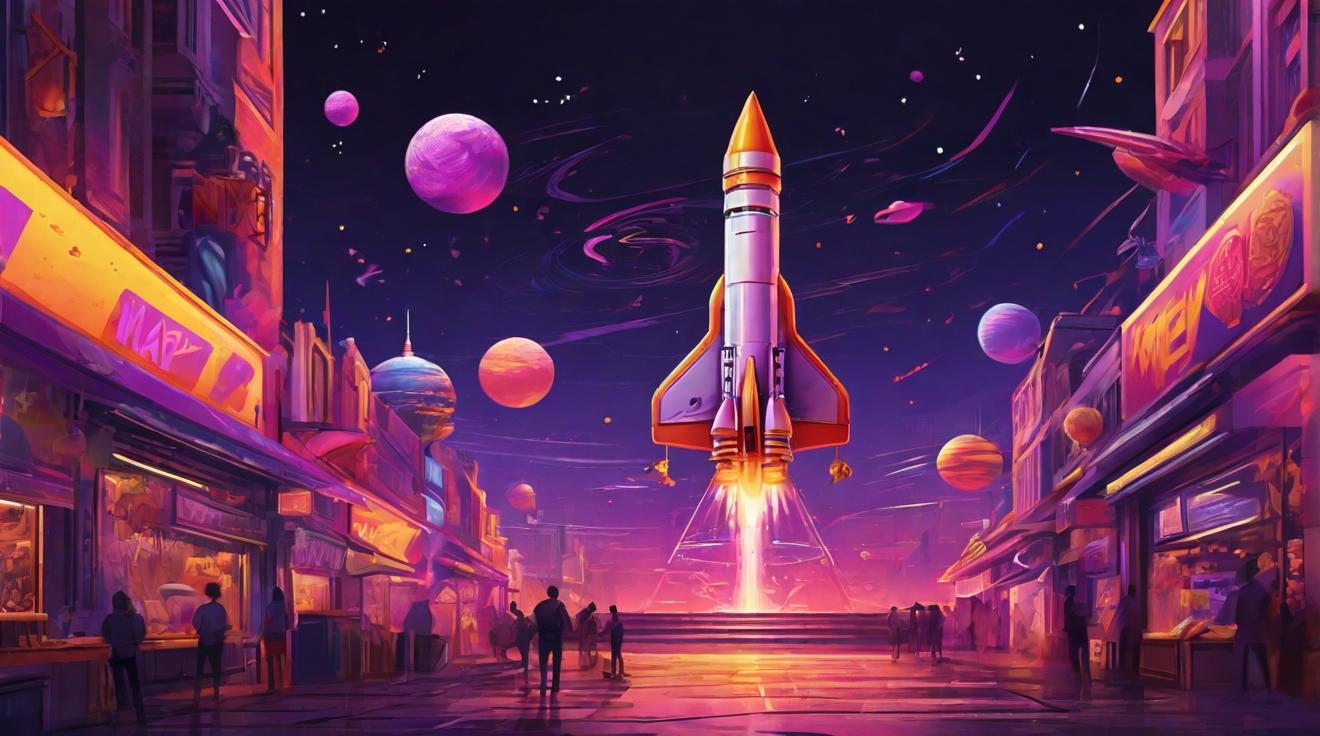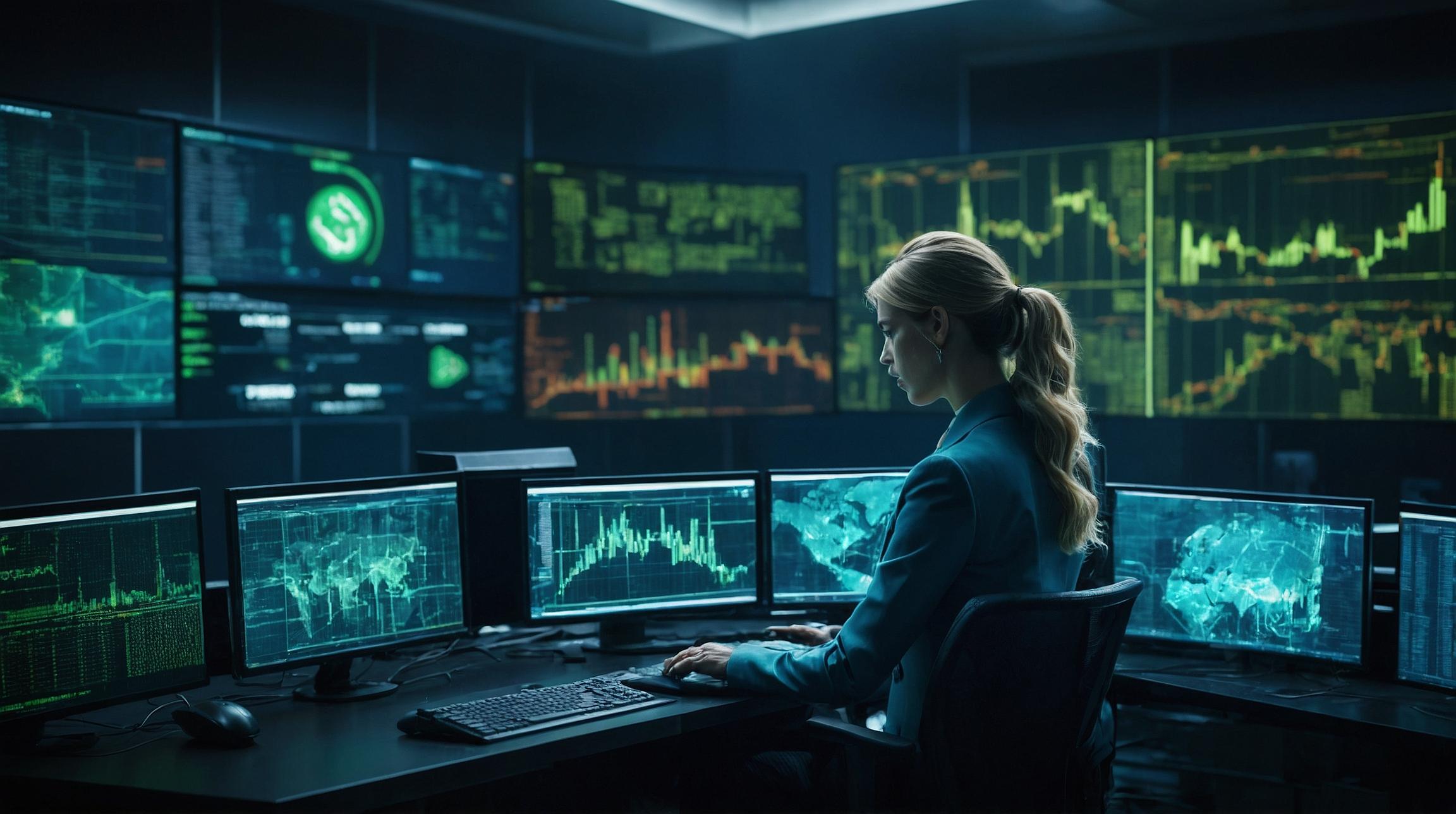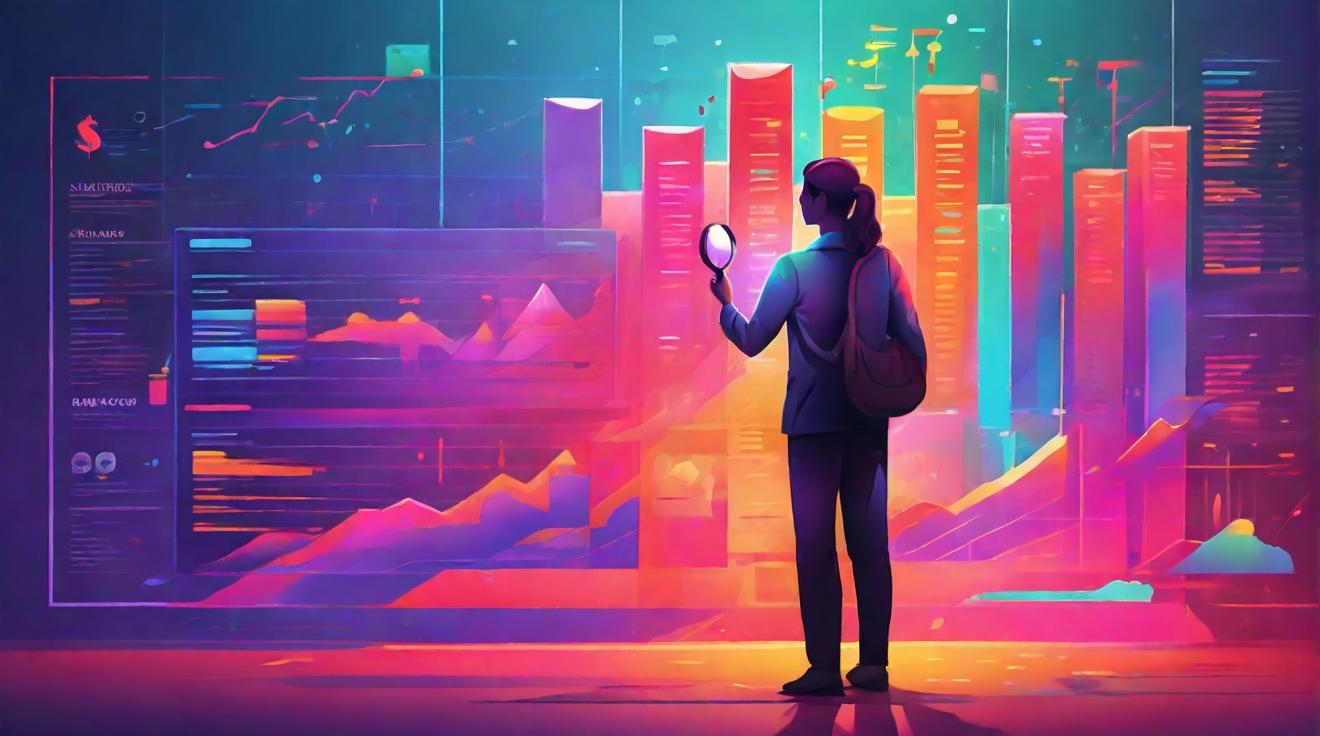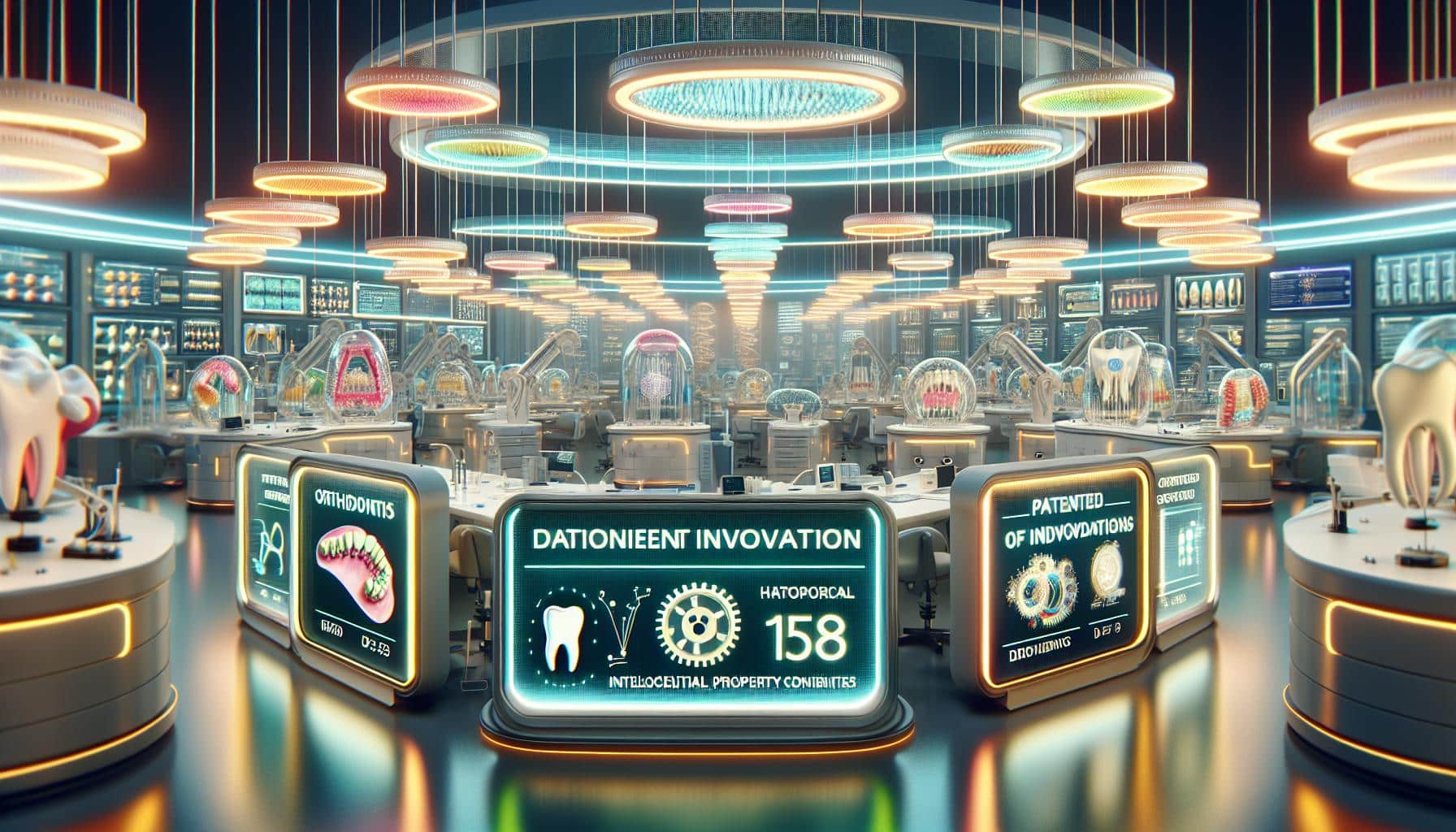The Evolution of NFT Games: A New Era in Gaming
The discovery of cryptocurrency and NFTs (non-fungible tokens) has brought about new technologies that no one could have imagined in the last century. In the 1990s, it was inconceivable that art, videos, games, and other assets could be digitized and sold through a blockchain. Today, users can buy, sell, and trade NFTs online through marketplaces, just like any cryptocurrency.
How NFT Games are Changing the Landscape
The nature of gaming is now changing due to the incorporation of NFTs into the industry. Players used to play games for fun or by staking currencies, but now they play to gain NFTs and other digital assets. To get a clear image of NFT games, we need to look at the mechanics applied in NFT. Players earn NFTs while playing NFT Games. Tokens earned are unique and immutable on the blockchain. A player gets tokens by playing with other players or sometimes non-player characters (NPCs).
Blockchain technology is the backbone of NFT games. Due to decentralized ledgers, all NFTs are unique and exclusive on the blockchain. Players are guaranteed to earn unique tokens that will not recur in any other place.
Understanding NFT Games
We are witnessing new modes of gaming through NFT integration. Every NFT game developed has a certain path that it follows and has unique characteristics. There is no playbook to show developers what to create, so they use their imagination to build enticing games. Every aspect of the game is stored on the blockchain, which houses digital ledgers. The accuracy of blockchain technology gives the games dependability and a sense of ownership.
Blockchain technology is simple to understand and contains digital ledgers. They are storage facilities that allow the storage of items and cannot allow a recurrence of any data stored in one ledger to occur in any other ledger in the network. It is a tamperproof storage that cannot be replaced. Another essential attribute of NFT gaming is smart contracts, which allow players to own NFTs. The gained tokens are valuable in the game and can become real money if the owner decides to trade them. The value of the gained NFT depends on demand and supply.
List of Best NFT Games with One-Liner Brief
- Alien Worlds: An interplanetary exploration game where players can mine valuable resources.
- Axie Infinity: A Pokemon-inspired game where players breed and battle digital pets.
- PirateXPirate: A pirate-themed game with PVP battles and ship building.
- Illuvium: A treasure-hunting game set in alien worlds.
- MotoDex: A motorcycle racing game with collectible characters and tracks.
- Star Atlas: A space exploration game with mining and trading elements.
- The Walking Dead: A survival game set in a world overrun by zombies.
- Gods Unchained: A card game where players own and trade powerful cards.
Review of Top NFT Games
Alien Worlds
Alien Worlds is an NFT game where players interact with virtual planets, running on the WAX blockchain. Players acquire resources and engage in battles to gain rewards. The game has attracted over 135,000 players globally. The unique token, Trilium (TLM), is mined by players, who can then purchase digital assets like land, weapons, avatars, minions, and tools.
Alien Worlds is free to play, but players can purchase tools and NFTs to advance quickly. Players can make money by staking TLM or other acquired NFTs, earning from 1% to 10% of the total stake with profits depending on the chosen mission. The game is governed by decentralized autonomous organizations (DAOs) known as Syndicates controlled by players.
Axie Infinity
Running on Ethereum technology, Axie Infinity is one of the top NFT games that earn players money. Launched in 2018, it has similarities to the Pokemon series. Players can assemble and breed digital companions named Axies and use them in combat. Successful players gain Smooth Love Potion (SLP), which can be traded in crypto exchanges.
Each Axie has a rare genetic imprint with strengths and weaknesses. Players can trade Axies in the NFT marketplace, with prices varying based on demand, supply, traits, and rarity. Players must have three Axies to join the game. They can also gain Axis Infinity Shards (AXS), a governance token for the game.
PirateXPirate
PirateXPirate is a pirate-themed game running on the Binance Smart Chain. Players earn PXP tokens and engage in PVP battles. Each participant can build a ship and equip it with necessary items and crew. Players can earn NFTs to construct better ships. The game's decentralized nature allows players to trade and earn from their digital assets.
Illuvium
Illuvium is a treasure-hunting game set in seven alien worlds. Players collect Illuvials, creatures with trainable and upgradeable abilities. The game is in its beta phase, offering attractive visuals and a Player vs. Player (PVP) platform called the Leviathan Arena. Players can earn ILV tokens by completing quests and reaching goals.
MotoDex
MotoDex operates on Polygon, Aurora, and Near blockchains. It is a motorcycle racing game where players earn NFTs by collecting coins and characters from the track. Players can also become track owners, profiting from tournaments held on their tracks. The game is popular due to its ability to increase levels and advancements using gained NFTs.
Star Atlas
Star Atlas is a space exploration game running on the Solana blockchain. Players can mine resources and trade mined properties. The game offers three regions: ONI Region, Ustur Sector, and MUD Territory. Players can gain POLIS, the game's native token, by engaging in gaming and mining activities.
The Walking Dead
The Walking Dead game mirrors the AMC TV series. Players survive in a walker-infested world, form groups, and own land. Landowners gain rewards from activities on their land. Players can develop the land to attract others and create defense mechanisms for survival.
Gods Unchained
Gods Unchained is a free-to-play card game where players own assets and trade them in the marketplace. Players start with 140 free cards and can gain more by winning matches. Cards have different powers, and players build decks to beat opponents. Successful players earn experience points and receive new cards.
Benefits of NFTs in Gaming
Ownership of Digital Assets
The NFT technology assures each player of authenticity and proof of ownership of all in-game items. Each NFT in a blockchain is unique, making digital assets exclusive and scarce.
Interoperability
Interoperability allows transferring NFTs from one game to another. Players can use a token earned in one game in another, making tokens valuable across various games.
Decentralized Economies
Players do not need a centralized marketplace to buy or sell assets. A player-driven economy ensures each player controls a part of the market.
Potential for Earning Real-World Value
Players can make money by trading their digital assets in the crypto space, creating a revenue stream that allows them to control their economy.
Impact on Player Engagement and Retention
NFTs entice players to continue playing to gain more valuable items, increasing their participation period and retention.
Challenges and Considerations
Scalability Issues
Scalability issues arise when blockchains fail to process required transactions, leading to higher fees and reduced transaction rates.
Regulatory Challenges
There are currently no established laws specifically regulating NFT gaming, leaving it operating in a legal gray area.
Environmental Concerns
Blockchains emit gases due to energy use, making NFTs an environmental concern.
Future Trends in NFT Gaming
Emerging Technologies
NFT gaming has a promising future as developers continue to explore new methods of using blockchain to create enticing games. Integration of artificial intelligence (AI) and augmented reality may change the prospects of NFT gaming.
Potential Collaborations
Collaboration between traditional game developers and NFT game developers can lead to market expansion, taking the NFT gaming industry to greater heights.
Market Growth and Investor Interest
The NFT gaming market is expected to grow as more investors invest in projects, benefiting both players and investors who trade native tokens.
Conclusion
NFTs have been operational since 2014 but gained popularity in 2020. The NFT market rose to $41 billion in 2021 and is now felt in almost all sectors, including gaming. NFT games can operate on various platforms such as desktops, mobile, and consoles. Players can earn crypto during their leisure time while developers also earn. Participating in the NFT gaming environment offers an opportunity to earn while having fun.













